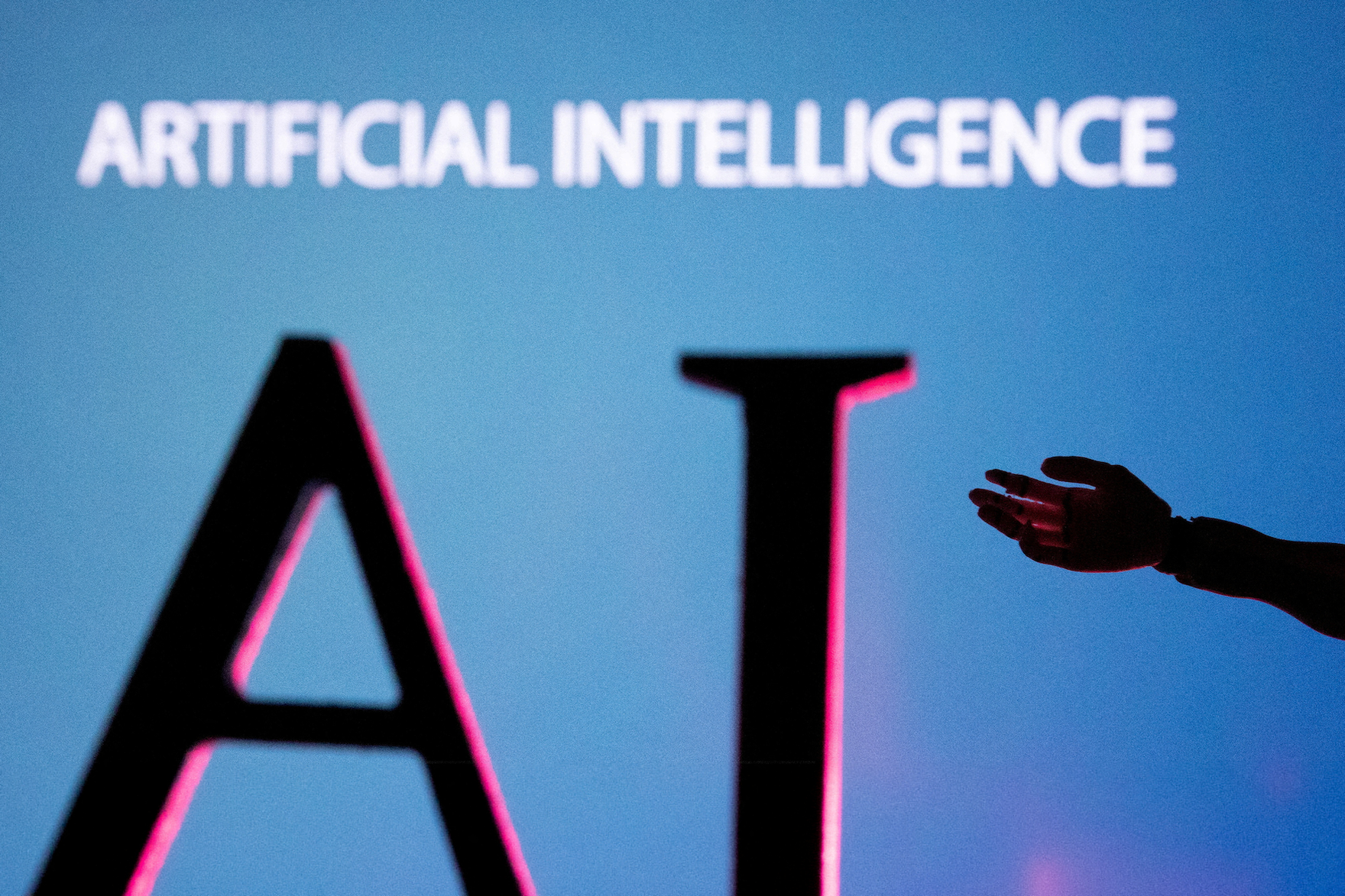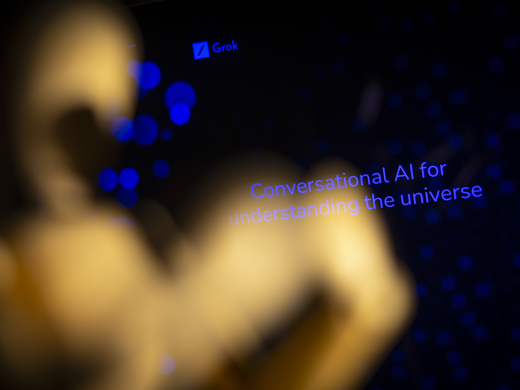The power of artificial intelligence (AI) to transform the way we live and work, to revolutionize industries, the economy and the world itself, is undeniable. But with this promise comes a considerable human cost: job displacement, economic disparity, social anxiety. The question arises: Can we create a scenario where both business and society reap the benefits? The answer lies in aligning AI’s capabilities with the preservation and enhancement of humanity’s most valuable qualities.
Indeed, one of the most significant ways AI can contribute to society is by enhancing human virtues such as empathy, compassion, motivation and creativity. Recent studies show a decline in empathy and emotional intelligence, while AI systems already demonstrate higher social and emotional quotients (or EQs, a measure of emotional intelligence) than humans, according to a study in Frontiers in Psychology.
The study, published in February of 2024, examined how AI compares to human psychologists in understanding and responding to emotions and needs during counselling. The focus was large language models such as ChatGPT-4 and Google Gemini. Researchers assessed social intelligence, a key skill in psychotherapy. ChatGPT-4 outperformed all participating human psychologists, while Bing surpassed more than half.
Empathy is essential for group cohesion, from families to co-workers to citizens. With the assistance of AI, human beings stand to improve our abilities so as to become better citizens and neighbours. Indeed, companies are already using AI for EQ training and on-boarding for new employees. Customer support representatives are leveraging AI to better understand the cultural and interpersonal nuances of their customers, enabling them to deliver improved service. Rather than replacing human relationships, as many fear, AI has the ability to augment it.
In education, AI-driven tools can provide personalized learning experiences for students, catering to their individual needs and fostering deeper understanding and motivation.
Businesses that adopt AI can automate routine tasks, leading to operational efficiencies and significant cost savings. However, such advancements are not merely a means to reduce human labour: they’re also an opportunity to redirect human potential toward more creative and fulfilling endeavours. By automating mundane tasks, AI frees up human workers to focus on areas where they excel — creativity, strategic thinking and interpersonal relationships.
In health care, for instance, AI can handle data analysis and administrative tasks, allowing health-care professionals to spend more time providing compassionate care to patients. In education, AI can automate grading and administrative duties, enabling teachers to focus on personalized instruction and mentorship.
And there are other potential benefits, if all stakeholders work together to achieve common goals. The public sector could benefit from hiring executives, entrepreneurs and technologists from the business world in short-term “tour of duty” programs. Such public-private partnerships can build trust, leverage the strengths of both business and government, and enable private companies to innovate.
Further, the public and private sector could develop joint funding mechanisms for AI research that address both commercial interests and the public good. Open data initiatives can enable collaboration on creating and maintaining high-quality, diverse data sets that can be used to train AI systems, ensuring better representation and reduced bias.
Involving the public in discussions about AI’s role in society can further enhance transparency and trust. Public consultations and educational campaigns can ensure that societal values and concerns are considered in AI development and deployment. These could take the form of AI literacy programs, town halls, forums and citizen advisory boards. Finally, to ensure that the benefits of AI prioritize human welfare, it’s crucial to implement policies that invest in education and training that equip workers with the skills they need to thrive in an AI-driven economy. Governments and businesses can and should collaborate to create continuous learning opportunities, enabling workers to transition into new roles and industries.
Digital literacy programs for all age groups can help ensure that everyone has the basic skills necessary to interact with AI-driven technologies and make informed decisions in a digital world.
In sum, the era of AI presents significant challenges, but also many opportunities. By strategically harnessing the technology’s capabilities, we can create a future in which companies save and gain, while society thrives through enhanced human virtues and continuous adaptation. What’s needed is open-minded, consistent collaboration between business and government.



